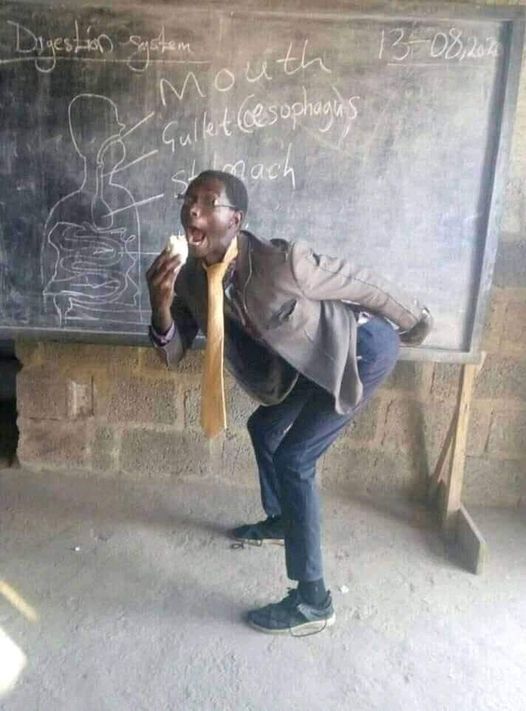HARARE, May 26 (Xinhua) — The Rwandan government has started recruiting Zimbabwe’s educational personnel, following a Memorandum of Understanding (MOU) signed between the two countries in December last year.
The MoU was signed after Rwandan President Paul Kagame had indicated that his country is willing to recruit Zimbabwean teachers.
The recruitment exercise is being carried out jointly by Zimbabwe’s Ministry of Public Service, Labor and Social Welfare and Rwanda’s Ministry of Education.
The two ministries said in a joint statement Thursday that they are recruiting competent educational personnel to be employed in Rwanda on job positions under four categories.
In the job advertisement, Rwanda is seeking to recruit from Zimbabwe 278 basic general education teachers, 37 technical and vocational education and training (TVET) school trainers, 22 polytechnic trainers and 140 university lecturers in Medicine and Health Science Programs.
“Candidates who will pass the pre-selection stage will be recommended by the Ministry of Public Service, Labor and Social Welfare of the Republic of Zimbabwe to be registered in the online recruitment system managed by the two responsible ministries,” the ministries said in the statement.
When Zimbabwean Minister of Public Service, Labor and Social Welfare Paul Mavima signed the agreement last December, he said the agreement is set to propel the concept of African solutions to its challenges, while also protecting citizens from the dangers of unethical and unfair recruitment practices for human capital across national borders.
He said the MoU has comprehensive provisions which engrain decent work principles across the whole process of exchange of personnel and expertise, including critical issues in labor migration such as non-discrimination and portability of social security benefits.
“I have no doubt this MoU shall indeed be a template of good practice across the continent of Africa and beyond,” Mavima said.
He added that the necessary pre-departure training of the selected personnel will be conducted to ensure that they easily fit and adjust to the working life in Rwanda. ■
